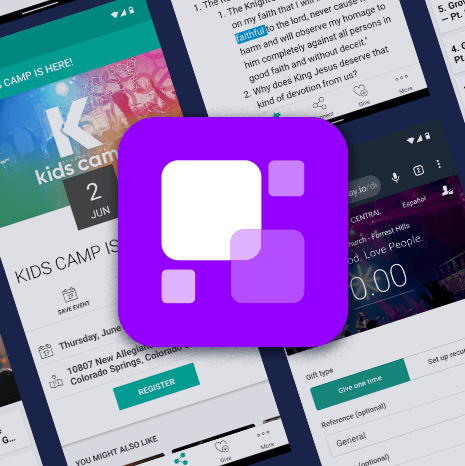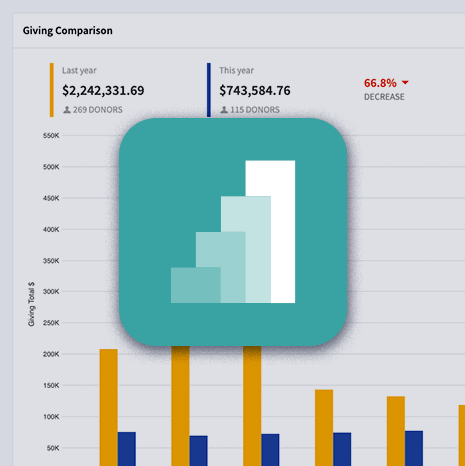
If you’ve ever juggled separate tools to track donations, manage church finances, and prepare year-end reports, you’re not alone.
Most church staff didn’t expect their roles to include data management. But between recording weekly giving, reconciling bank accounts, and sending donor statements, ministry can start to feel like running a small business.
And often, churches are trying to handle it all with tools that weren’t designed for them. That’s where purpose-built church accounting software can make a real difference.
The challenge of fragmented financial tools
Here’s a familiar scenario: Your online giving platform doesn’t connect with your accounting software. The finance team is managing designated gifts in a separate spreadsheet. And when it’s time to prepare reports for your elder board or year-end giving letters, it takes far more time than it should.
What “all-in-one” actually means for your church
When we talk about modern church accounting software, we’re not just talking about accounting features. We’re talking about a unified system that supports your ministry from every angle—giving, donor management, fund tracking, financial reporting, and more.
Here’s what that can look like:
- Giving information is recorded automatically, without needing to copy data between platforms
- Donor reports are generated for you, showing who gave, when, and to which fund
- Real-time financial data gives you an accurate picture you can rely on
That kind of software doesn’t just make admin work easier. It helps build confidence for your staff, your finance committee, and your congregation.








